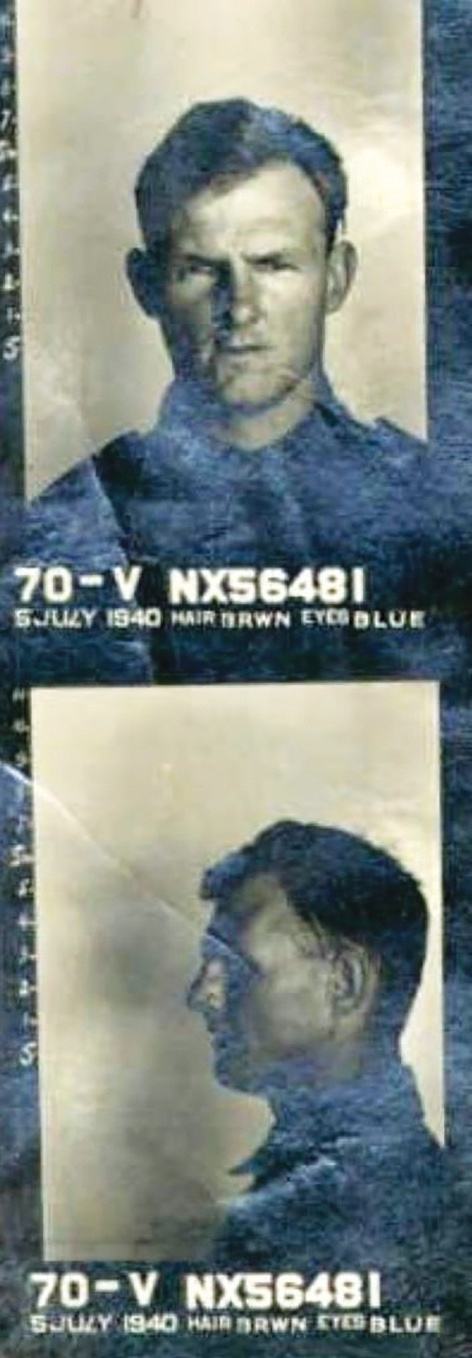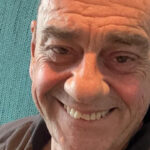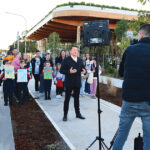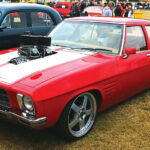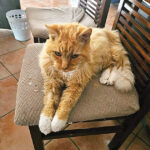IN December 1945 a single man named John Joseph Xavier Wright aged 31 returned to St Marys. John was born in May 1914 at Boolaroo, Lake Macquarie in NSW to parents Albert Ernest and Elsie Xavier Wright (King). His father was born in 1886 in Durham, England and they married in September 1910 in Tynemouth, Northumberland in the Trinity Wesleyan Chapel. The family lived at 3 Shepherd Road, Colyton (Mt Druitt). John enlisted in 1940 (NX56481) at Paddington. He served in the 2/20th Battalion, Australian Infantry. In early 1941 the Battalion was deployed to Malaya where they formed part of the garrison there. In December when the Japanese invaded, the battalion fought a brief campaign along the east coast of the Malay Peninsula before being withdrawn back to Singapore in early 1942. They were heavily engaged after the Japanese landed on the island and were eventually captured following the Fall of Singapore. Most members of the battalion became prisoners of war and a large number died in captivity. John was captured by the Japanese in February 1941 and remained a prisoner of war until the Japanese army surrendered. He was due for discharge after being released. Now at home, John was burnt to death in a car shed at the home about 8.10 p.m. On the day of John’s death his widowed mother left the house, leaving John and an elderly lady at home. About 8.30 p.m. a neighbour William Thomas Richards who lived about 150 yards away saw fire coming from the shed on the Wright property and ran down where he saw John enveloped in flames and he threw some bedding over the top portion of John’s body and pulled him out, but John was already dead. William found two tins in the shed that had contained petrol and there were indications that there had been an explosion. There was no car in the shed at the time having been left near the house during the day. John’s brother Arthur also had returned home after being a prisoner of war in Germany. The inquest was held by the District Coroner Mr E F Rule who found that death was accidental but the evidence did not allow him to say how John’s clothing caught alight. John’s mother Elsie said that about July 1940 prior to enlisting in the AIF John had been employed as a station hand. She said that she thought John must have gone to the shed to get some petrol to put in the car and had apparently struck a match that caused the petrol to ignite. William said that shortly after 8 p.m. on December 14th he walked outside his home and saw a fire in a shed on Wright’s property. He also mentioned that he had already seen Mrs Wright leave her place about 7.50 p.m., so he immediately went over to the shed where the fire was burning from the floor to the roof in the north-eastern corner. He said that the shed was an open front building. He went in and could see the body of a person in the middle of the fire. He picked up a bag that was lying in the shed and threw it over the top portion of the body and pulled it out of the fire and out of the shed and in his opinion, it was John’s lifeless body. He said that when he first saw John’s body he was lying on his back with a 4-gallon tin on each side of it. He saw that it was the body of John Joseph Wright and when he arrived at the shed he formed the opinion that the fire was caused through petrol or some other inflammable liquid and when he removed John’s body he got some water and extinguished the fire where it had caught on to some boards nearby. The Coroner said that in his opinion, John had been handling one of the drums of petrol and might have accidentally spilt some of the contents on him and he possibly struck a match to look for something in the shed and his clothes became ignited with such tragic results. John’s army history showed that he had had 26 bouts of malaria and was in a very nervous condition having spent years of possible torture and privation in a prisoner of war camp, and in the shock of finding himself ablaze he probably collapsed onto the floor of the shed in the position in which he was found, and he is not of opinion that John did this deliberately because of the love and esteem in which he was held by his mother and members of the family. Therefore, the Coroner found that John Joseph Xavier Wright on December 14, 1945 died from severe burns accidentally received to the body, but how his clothing became ignited the evidence does not allow him to say further. The funeral was largely attended with the service conducted by the Rector Reverend H Sloman and John was buried in the Church of England portion of St Marys general cemetery, section F, Grave 13.
Sources: Nepean Times Thursday 20 December 1945, Thursday 14 February 1946, Find a Grave website, Ancestry.

